You might come across listings for homes sold “as is.” These listings grab buyers’ attention because they’re often priced lower than similar properties on the market.
A seller’s market could also make would-be buyers eager to act and make an offer without inspecting the property, which 47% of them did in recent years. However, as tempting as these properties may be due to their prices, there are a few caveats you should consider.
What “As Is” in Real Estate Means
When a homeowner tacks “as is” on a house sales listing, the listing usually doesn’t refer to a perfect, ready-to-move-into home. An “as is” listing typically refers to a property needing repairs, and the homeowner won’t make improvements or repairs before selling it.
Usually, homeowners sell their houses “as is” to save time and money. What the seller wants is to sell the house in its present condition.
If you’re a homebuyer, you might be taking a considerable risk by purchasing an “as is” property. Any problems the property may have will be your responsibility. Moreover, selling “as is” means the seller may not be required to produce a Seller’s Disclosure, so consult local laws for the required disclosure requirements.
Red Flags
When walking through a home sold “as is,” there are some red flags to watch for that will alert you of possible problems that could significantly devalue the property.
1. Foundation Cracks
Cracks in the foundation are major red flags. They’re harbingers of potentially significant repair costs or worse. Freshly patched cracks can also be a cause for concern.
Foundation cracks can be signs of structural problems. These repairs are among the most expensive and can easily cost thousands of dollars. If you see cracks, have the foundation inspected by a professional to assess the problem, especially if they measure more than three-sixteenths of an inch. Then, ask a few contractors for an estimate of the repair cost.
2. Signs of Roof Damage
Repairing a damaged roof can be expensive. If the roof has several layers of shingles, make sure there are no signs of sagging or warping. Also, check the house’s ceilings, attic, and room corners. Stains and discolorations indicate roof leaks. There might also be water damage. Keep in mind that roof repairs can average over $7,000.
Also, certain types of damage can only be evaluated from the roof. Therefore, you may want a professional to assess the roof’s condition accurately.
3. Moldy Odor
Another thing you should watch out for when buying a home “as is” is signs of mold. Mold is particularly egregious as it can cause health problems, especially in young children.
An earthy, stale, and musty odor emanating from a house may signify mold or mildew. Moreover, if the house smells of too much synthetic fragrance, like candles, air fresheners, or sprays, it may be to cover up problematic odors.
Check for leaks under the sinks, basement, windows, and other areas if you notice a moldy odor. Mold is often a result of poor drainage and leaky pipes. If the leak has been undetected for a long time, materials like carpets, wood, and others may have to be replaced.
Remember that mold remediation can be expensive and may require renovation of parts of the home to remove the mold.
4. Poor Workmanship Related to Past Repairs and Additions
Repairs or additions done poorly are another red flag. These are usually signs of structural problems likely to cost you a lot in repairs.
Clarify with the seller about the repairs and whether additions were permitted. Generally, it’s not a good idea to purchase a house on the “as is” listing that has additions to the original structure.
Before purchasing the property, have a trusted home inspector look over the house. The inspector can tell you if an addition or repair has flaws.
5. Sunken-Looking Property
A house that sits lower than the surrounding properties, including its yard, is a massive red flag. If the home is located in an area where it rains regularly, there may be problems with drainage.
Investigate past flooding of the property. Find out, too, if the property lies in a flood-prone area. A “sunken” house in a flood zone often requires more work to restore than is financially feasible. In general, damage caused by floods is financially devastating.
Summary
A house sold “as is” usually means the property needs repairs, and the seller wants to sell it in its present condition. Although this type of listing may be attractive to buyers because they are priced lower, there are red flags homebuyers should not ignore.
These red flags can cost the buyer a lot of money to repair. They include cracks in the foundation, roof damage, moldy odor, evidence of poor workmanship, and a “sunken” look, which might result from being in a flood-prone area.
© 2024 xpertRealtyMarketing.



